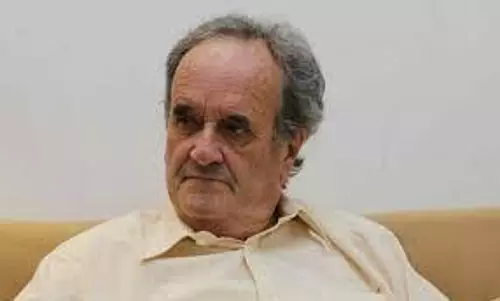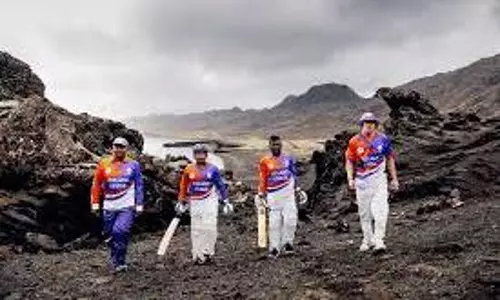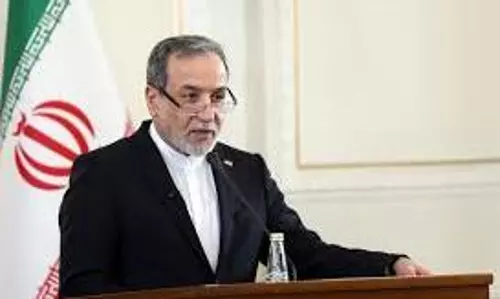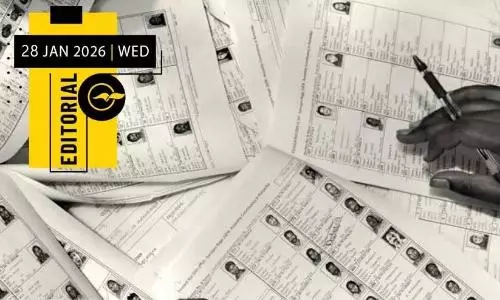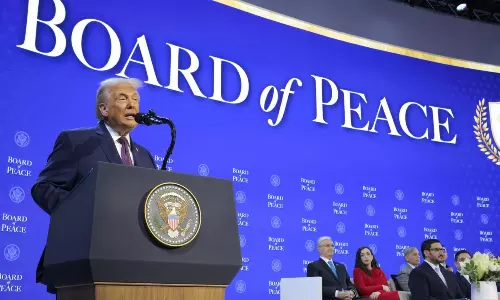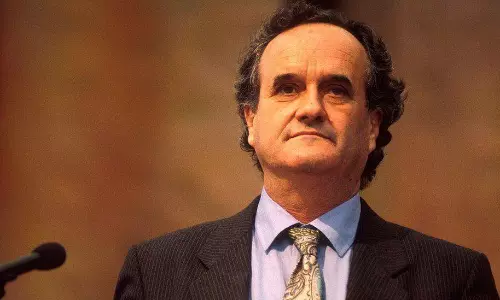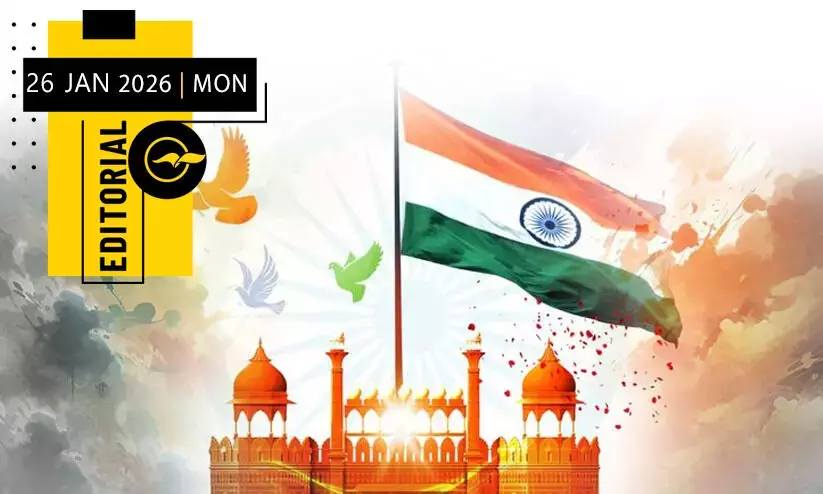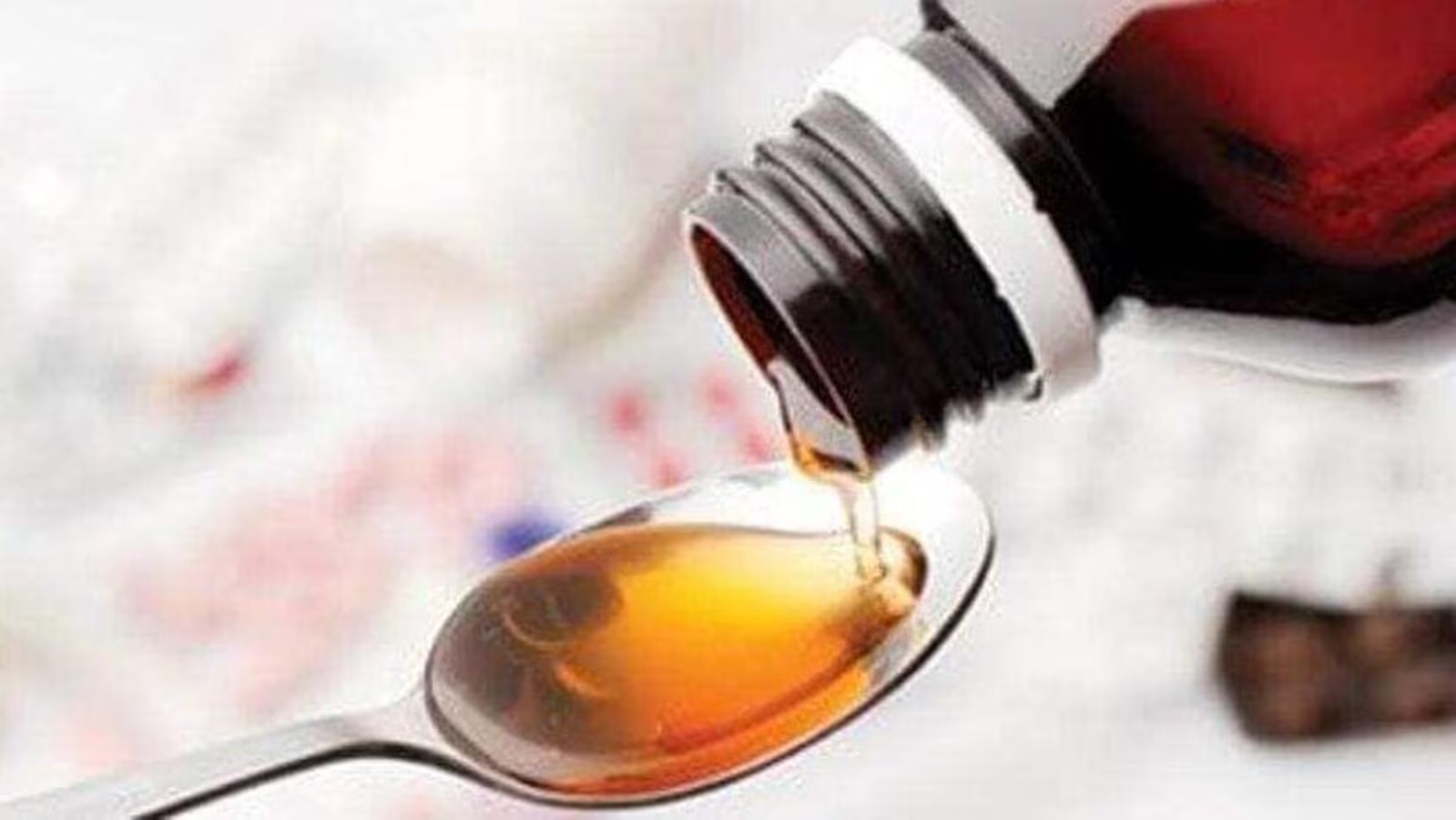
Chemicals in cough syrup within permissible range, says Indian pharma company to WHO
text_fieldsChennai: An Indian pharmaceutical firm, currently under scrutiny by the World Health Organization (WHO) due to elevated levels of certain compounds in its cough syrup, has stated that these chemicals remain within permissible limits.
The WHO had recently identified a contaminated batch of syrup in Iraq, highlighting elevated levels of diethylene glycol and ethylene glycol beyond acceptable thresholds. Earlier this week, the WHO had cautioned, "The substandard batch of the product referenced in this Alert is unsafe and its use, especially in children, may result in serious injury or death."
According to the health organisation, samples of the paracetamol and chlorpheniramine combination syrup, commonly utilised for treating cold and allergy symptoms, were found to contain 0.25% diethylene glycol and 2.1% ethylene glycol, surpassing the accepted limit of 0.1%.
This incident marks the seventh instance of an Indian-made drug coming under the scrutiny of the WHO since the previous year.
Chennai-based Fourrts Lab, the company in question, clarified to NDTV that the implicated syrup was solely exported to Iraq and is not available for purchase within India. The company said the syrup was manufactured under a contractual arrangement with a Puducherry-based company in January 2022. "Our examination of the samples reveals that diethylene glycol was very much within the limits at 0.1%. Further investigation is on. We will respond to WHO once this is completed," stated Balasurendran, Vice-President of Fourrts Lab.
The company added that the Central Drugs Standard Control Organisation has also collected syrup samples for analysis, and the findings are currently pending.
Regarding the query whether mandatory tests for ethylene glycol and diethylene glycol content in the finished product had been conducted, Surendran explained, "There was no such regulation in 2022, hence we did not do it. The regulation was put in place only in May 2023."
Global Pharma, a company previously instructed to halt the manufacturing of a particular type of eye drop due to adverse effects on patients in the US, received clearance from Indian authorities. Despite complaints of vision loss and fatalities, no contamination was identified in the samples taken from the firm's Chennai-based plant.





